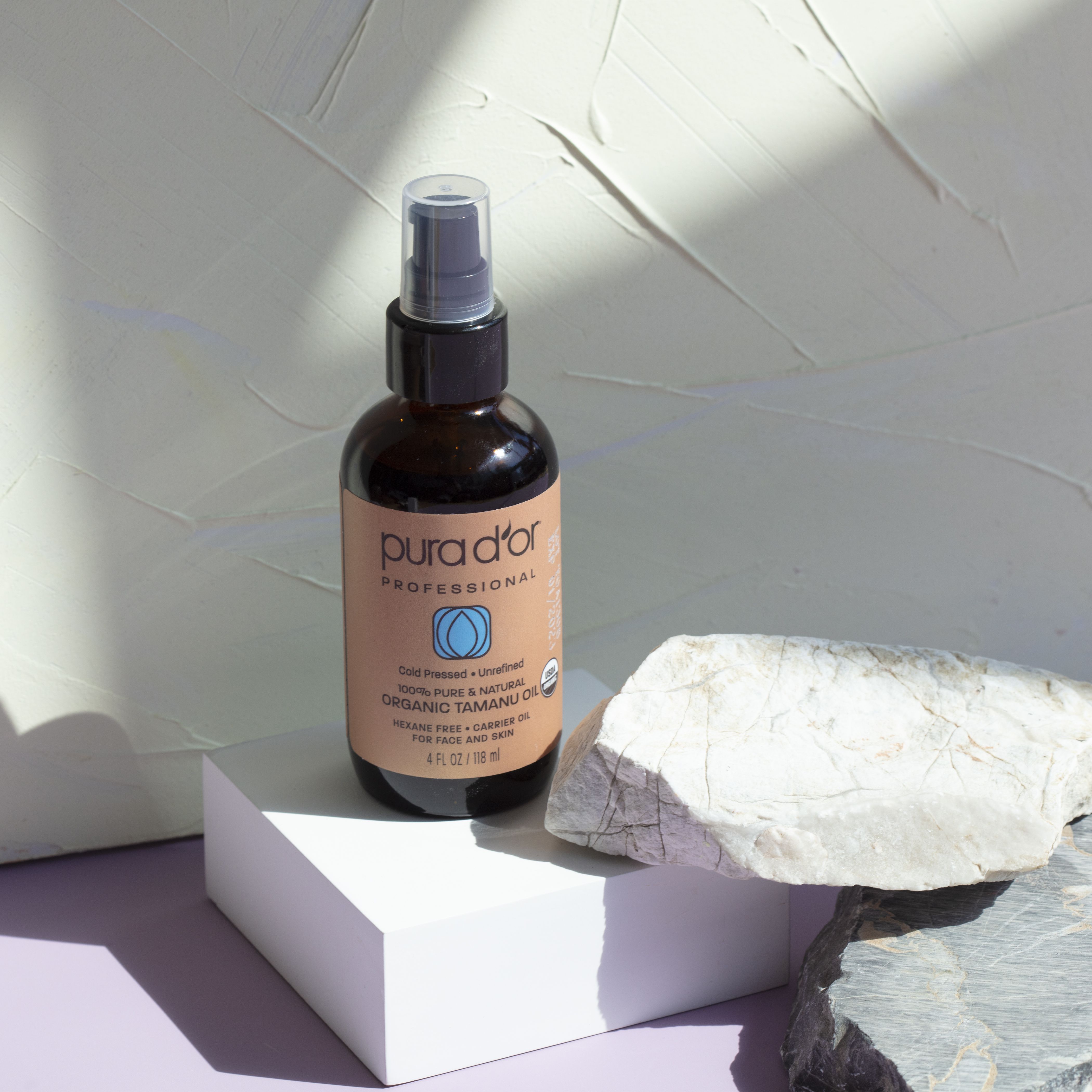Chronic Migraines and the Highly Sensitive Person—What You Need to Know

Have you ever experienced a headache from a prolonged social situation and craved extra alone time afterward? Or, ever notice how a specific sound or scent that doesn’t bother anyone else makes your brain want to explore? Maybe you’ve been labeled as weird or too sensitive, but if you relate to this, you might be a Highly Sensitive Person (HSP).
After years of suffering from migraines, I recently discovered how my triggers are tied to being highly sensitive. I take on the emotions of others, especially those close to me. Arguments tend to make me sick to my stomach. Sounds or disruption in my environment sometimes leave me rattled, .and crowds are either euphoric and uplifting or overwhelming and nauseating. To top it all off, I have a very low tolerance for pain.
For a long time, I saw my sensitivity as a flaw or a burden. I would put myself in triggering situations for the sake of not missing out and being more “normal.” However, coming to terms with myself as an HSP has been a game-changer for managing my migraines. In the process, it’s also taught me a ton about self-love and acceptance—and it can for you too. Ahead, find everything you need to know about managing migraines as an HSP.
What Does It Mean To Be an HSP?
An HSP is someone who feels and experiences the world at heightened or intensified levels. Whether through sights, sounds, emotions, or external stimuli, HSPs process information in greater detail compared to non-HSPs. According to Dr. Elaine N. Aron’s bestselling book The Highly Sensitive Person, a few signs you might be an HSP are:
- You were often labeled as shy, sensitive, or introverted as a child
- You avoid watching TV or movies that are violent
- Multi-tasking is overwhelming and difficult
- Other people’s moods affect you
- You’re deeply moved by music and the arts
- You get flustered when there’s a lot to do in a short amount of time
- You have a stronger reaction to caffeine
- You get drained by large crowds, non-stop talkers, or high-energy situations
- You’re easily overwhelmed by bright lights, loud sounds, smells, or, course fabrics
- You prefer one-on-one interactions or small groups rather than big gatherings
Julie Bjelland, a psychotherapist specializing in high sensitivity, clarifies that this is a trait, not a disorder, and it’s found in 20% of the population, equal in gender. Scientifically, the trait is known as Sensory Processing Sensitivity (SPS), which refers to having an overactive nervous system.
“Imagine the nervous system being a container,” Bjelland explains. “People without the trait of high sensitivity put a few cups of information into that container daily.” According to Bjelland, those who score high on her Sensitivity Scale may experience hundreds of “cups of information” in the nervous system. As a result, HSPs may experience a sensory overload since they are processing data in greater detail, however big or small.
On the upside, HSPs are alert, intuitive, and can protect themselves and others from danger. Still, those exact things can lead you to migraines.
Why Do HSPs Experience More Migraines?
According to Susan Hutchinson, MD, and director of Orange County Migraine and Headache Center, you are more affected by internal and external change when you have a sensitive nervous system. Migraine attacks start with a trigger, causing neurons in the brain to fire abnormally. This causes hyperexcitability in the brain, resulting in symptoms that then affect the senses. Since HSPs receive data quickly and intensely, it can be overwhelming for them to process, making them more vulnerable to frequent attacks.
Hutchinson notes that internal triggers can be fluctuations in hormone levels for those who menstruate or elevations of histamine from food preservatives or additives (think: gluten or added sugars). Meanwhile, external triggers can be anything from weather and barometric pressure changes to exposure to bright lights, loud sounds, or fragrances.
Stress also plays a big role in triggering migraines. According to the American Headache Society, four out of five people report stress as a trigger for their migraines. As Bjelland points out, HSPs generally have a more activated fight or flight response, releasing adrenaline and stress chemicals. When HSPs lack the downtime to process stress and data that over-stimulates their nervous system, it can worsen the intensity of migraines.
How To Manage Migraines as An HSP
If you’re an HSP who experiences migraines, don’t lose hope. While migraines are a chronic neurological disease with no real cure, there are effective ways to manage them. Here are a few recommendations from Bjelland and Hutchinson.
Keep A Headache Diary
Migraine triggers aren’t one-size-fits-all and can vary from person to person. For this reason, it’s essential to identify your triggers so you can work around them.
“Those with higher sensitivity may experience frequent headaches, some daily or almost daily, and have greater difficulty identifying their triggers,” Hutchinson says. “The best way to identify migraine triggers is to keep a headache diary either electronically or on paper and look for patterns.”
I keep a log in my phone where I write the date of my migraine and what I did 24-hours before the onset. This helped me connect the dots between my triggers. So far, I’ve learned that many of my migraines were caused by overworking, over-socializing, lack of sleep, and some histamine-heavy food and drinks (RIP red wine). You can also use apps such as Migraine Buddy and iHeadache, which make recording your symptoms easy.
Spend Alone Time Daily
Alone time is an actual necessity for HSPs. Not only does it help you recharge and process information from the day, but it can be your saving grace to preventing headaches caused by overstimulation. External triggers such as social outings, being around difficult people, or work situations that demand a lot of energy require this R&R time to restore everything that goes into the nervous system.
How much alone time do you need exactly? Bjelland recommends HSPs spend about two hours per day and one full or half-day per week of unstructured alone time. “HSPs that are thriving in the world practice a daily self-care routine that includes alone time, meditation, grounding practices, and daily mindfulness with an emphasis on slowing down the internal nervous system motor,” Bjelland says.
However you choose to spend your alone time, it’s important to do something that makes you feel calm. Whether it’s a hobby you love or creating a morning routine to set the tone for your day, experiment with how alone time looks for you. In addition, supporting your central nervous system through deep breathing exercises is a powerful tool for managing any overwhelm you may experience.
Learn To See Your Sensitivity as A Gift, Not A Weakness
When you can work with your sensitivity instead of fighting it, you will understand what you need to do to take care of yourself to avoid migraine attacks. For starters, that’s learning more about the HSP trait through books, podcasts, or support groups so you can normalize and validate your experience. “Most of us have received the message that something is wrong with us for being sensitive, and we often try to ‘fit in’ and follow societal norms of overworking and overdoing,” Bjelland says.
Accepting that you need more rest, downtime, and self-care is one of the best things you can do to protect yourself from becoming drained. Being open about my boundaries and social bandwidth has helped me minimize debilitating migraines.
On a similar note, it’s also important to choose a career and lifestyle that fits your personality to minimize your triggers. That can include:
- Living close to nature
- Creating a sacred space in your home for alone time
- Reevaluating your diet
- Minimizing disturbances when you sleep
- Exploring job options that give you more flexibility and freedom
There are so many incredible strengths that come with being highly sensitive. To nurture yourself is to encourage your gifts of intuition, empathy, and emotional intelligence to bring the world the healing it needs. Through this self-awareness, you will choose a path that’s more aligned, leading to less stress—and perhaps, fewer migraines too.
For more HSP resources, including self-compassion techniques and support groups, visit Bjelland’s website. For additional support on managing your migraines, check out Hutchinson’s book, The Woman’s Guide to Managing Migraine. She also recommends talking to your health care provider to find an effective treatment plan to both prevent and treat chronic migraines.
Why I Get Exercise-Induced Migraines, According to Neurologists







